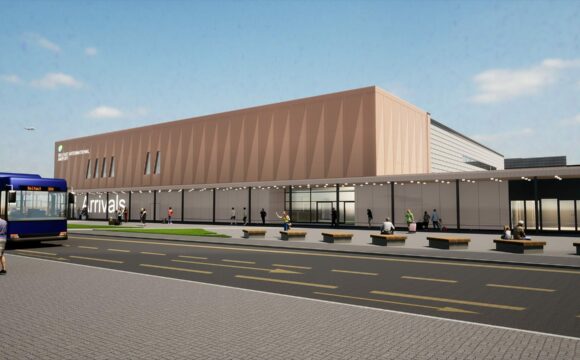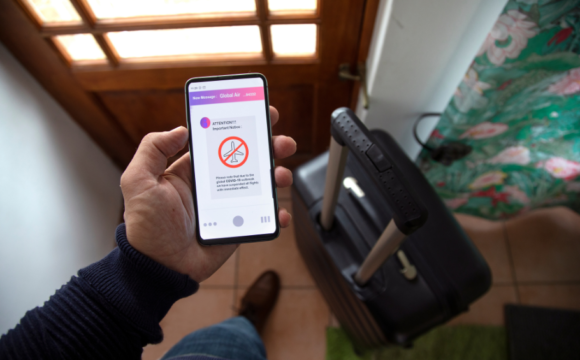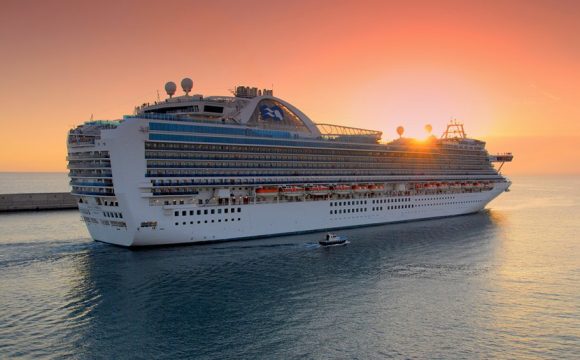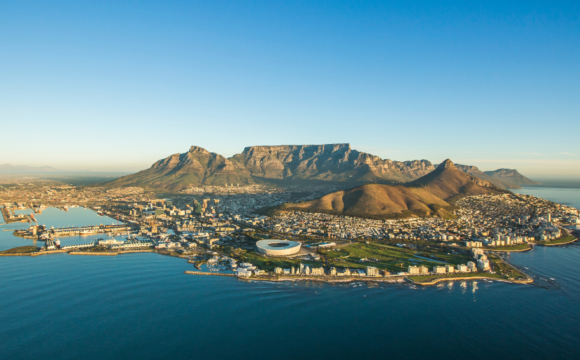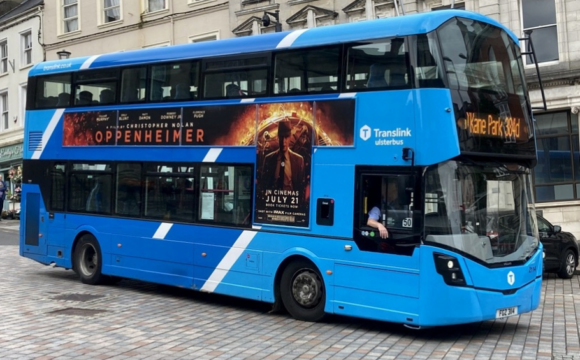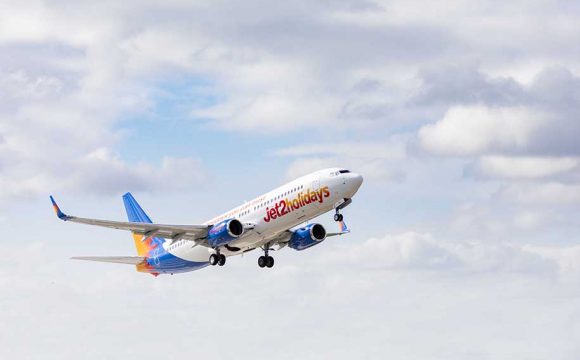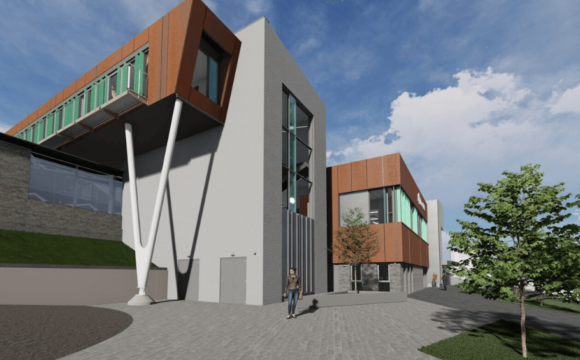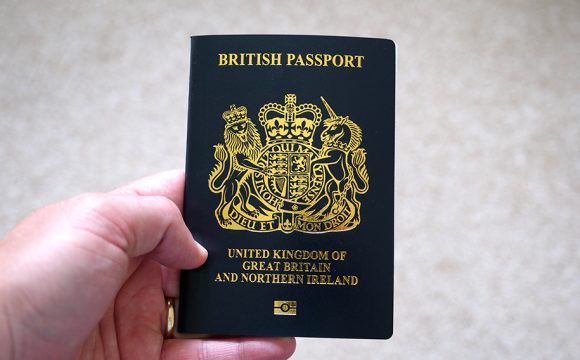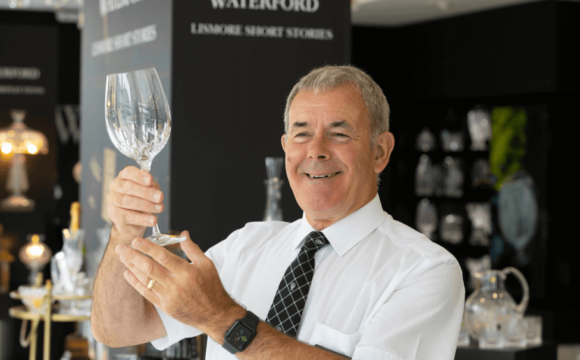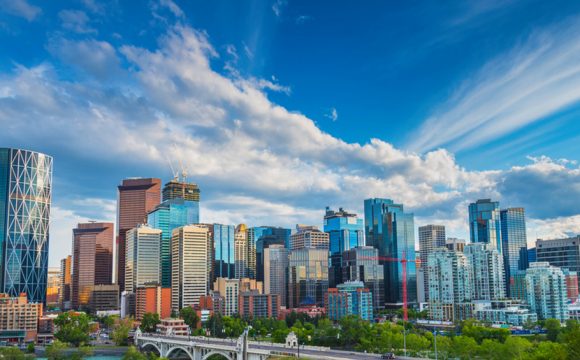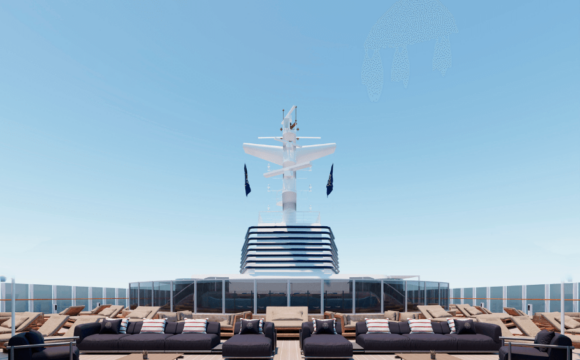With Easter approaching and as millions of holidaymakers prepare to travel abroad for the first time this year, a joint study by Travel Money Club and the University of Wolverhampton has revealed that £1.15 billion is added to foreign exchange rates in the form of hidden fees, commissions, transaction charges and mark-ups before it reaches the pockets of British holidaymakers.
According to the Office for National Statistics, £66.3 billion is spent on foreign currency during visits abroad each year; 75 per cent of this is exchanged in UK banks, bureaux de change, travel agents, supermarkets and Post Offices before departure. But hidden margins, charges and commissions mean that Brits spent £40 billion buying the 20 most popular currencies rather than the £38.85 billion it would have cost with Travel Money Club.
People face paying as much as £200 extra when exchanging £2,500, with rates varying on different currencies from the same provider by as much as 6.25 per cent and travel agents offering some of the poorest retail rates available.
There is currently no regulation on retail currency providers and the rates they offer, unlike the home energy market which recently introduced guidance for providers and the rates they charge. The lack of transparency means that many currency retailers hide fees and commissions in their rates rather than being open about operating charges.
Research also found that 90 per cent of travellers admit to getting their currency from a regular source, with less consideration for getting the best deal. 85 per cent believe that there is minimal difference in fees and charges between providers.
This lack of awareness in charges resulted in almost all (98 per cent) travellers considering convenience among their most important factors when buying foreign currency. Travellers who do shop around spent an average of just 12 minutes comparing conversion rates before purchasing.
Dr Asia Alder, Senior Lecturer in Leisure Industries at the University of Wolverhampton said: “The findings demonstrate some significant price variances in the rates offered by retail currency providers, with retailers making different rates of profit on different types of currency. Adding greater transparency to this industry would help consumers make a more informed choice about where to buy their travel money and the best rate for individual currencies, rather than masking the price of the currency as the market rate.


